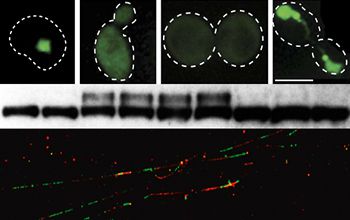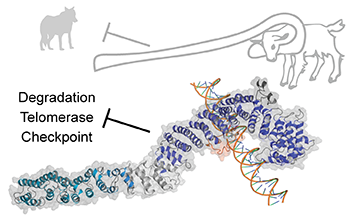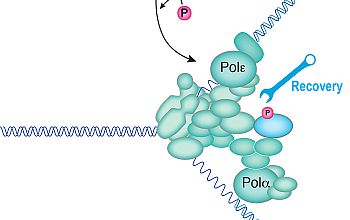
Rass Lab
DNA repair mechanisms & chromosome stability
Molecular mechanisms and implications for human disease
An estimated 70,000 lesions affect the genome of a human cell per day. It is not surprising, then, that cells can only function because very effective chromosome maintenance pathways ceaselessly repair the damage. Genotoxic stress sensors monitor the genome, setting off checkpoints when DNA damage or DNA replication problems are detected. These checkpoints control various cellular processes including cell cycle progression, transcription, chromatin remodeling, DNA repair, and replication fork recovery. This concerted response, often described as the DNA damage response, preserves genome stability. Defects in the DNA damage response lead to chromosome instability and have been linked to neurodegeneration, dwarfism, premature ageing, and cancer.
Our goal is to elucidate the molecular mechanisms underpinning genome stability. We combine molecular genetics, biochemical reconstitution, biophysical analyses of DNA intermediates, and cell-based assays. For our studies, we use the budding yeast model and translate new mechanistic insight to the human system, exploring the biomedical implications and potential clinical value of our findings.
Opportunities
Outstanding young scientists interested in postgraduate or postdoctoral positions should contact Ulrich directly at U.W.Rass@sussex.ac.uk.


